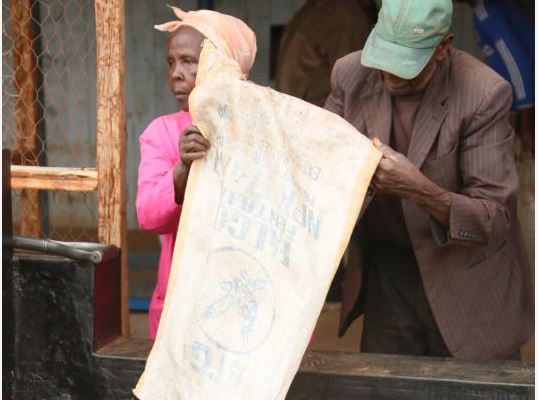×
The Standard e-Paper
Stay Informed, Even Offline

Kenya’s farmers are grubbing up their coffee bushes to plant other crops as low prices and climate change drive small growers to the brink of collapse.
Arabica coffee, the higher-quality variety that Kenya grows, ends up in speciality beverages from Berlin to San Francisco.